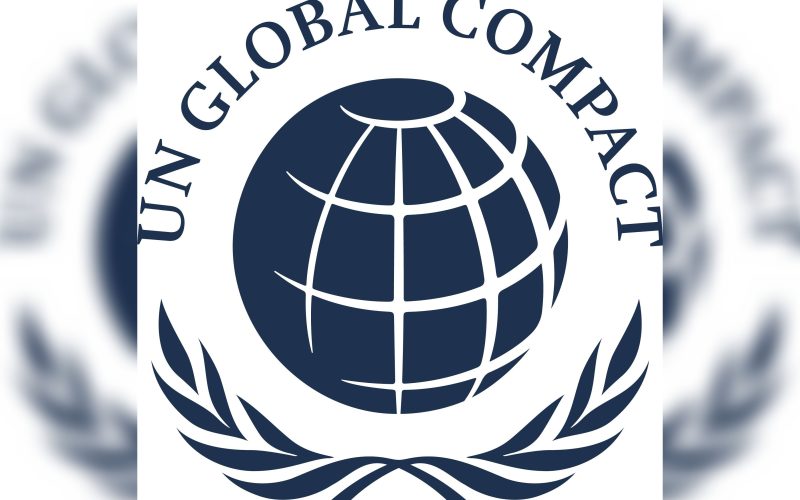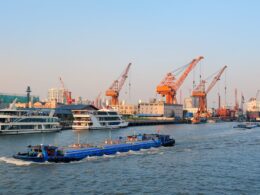The United Nations Global Compact and the UN Environment Programme Finance Initiative (UNEP FI) have jointly launched the Ocean Investment Protocol, a comprehensive framework aimed at directing finance towards the protection and sustainable use of ocean resources. The protocol seeks to support the transition to a resilient, inclusive, and sustainable ocean economy, aligning investments with the Sustainable Development Goals (SDGs), particularly SDG 14 (“Life Below Water”).
The initiative builds on the UN Global Compact’s Sustainable Ocean Principles and UNEP FI’s Sustainable Blue Economy Finance Principles, offering financial institutions, governments, development finance bodies, and ocean-related industries practical guidance to strengthen investment in marine ecosystems and industries.
Amid increasing pressures on marine environments—including warming seas, overfishing, biodiversity loss, and pollution—the protocol responds to calls for coordinated investment to protect ocean health and foster sustainable economic growth. The ocean economy, currently equivalent in size to the world’s fifth-largest economy, underpins 90 per cent of global trade and is seen as central to addressing broader global challenges, such as food and energy security, climate adaptation, and resilient infrastructure.
The protocol outlines specific actions across key sectors, including offshore renewable energy, sustainable seafood production, and climate-resilient infrastructure. It emphasises the need for environmental risk management, robust data and disclosures, and policy reforms to attract investment into sustainable ocean-based solutions. The framework also encourages alignment with international reporting standards such as the Taskforce on Nature-related Financial Disclosures (TNFD) and the Task Force on Climate-related Financial Disclosures (TCFD).
According to projections, a sustainable and equitable ocean economy could reach a market value of USD 5.5 trillion by 2050.
Sanda Ojiambo, Executive Director of the UN Global Compact, noted the protocol’s role in uniting stakeholders. “It provides a blueprint for accelerating responsible investment and ensuring that all sectors contribute to a healthy and productive ocean,” she said.
Eric Usher, Head of UNEP FI, stressed the need for coordinated policy action. “Finance alone is not enough. Policymakers must create enabling conditions that make sustainable ocean investment the smart and secure choice.”
The protocol also highlights the catalytic role of development finance, particularly in emerging markets and vulnerable coastal regions, calling for increased capital flows to support climate resilience and marine ecosystem protection.
Launched amid growing momentum around global environmental governance—including negotiations on the Global Plastics Treaty, the High Seas Treaty, and implementation of the Kunming-Montreal Global Biodiversity Framework—the Ocean Investment Protocol is intended to serve as a key resource in aligning capital flows with ocean sustainability goals.





















